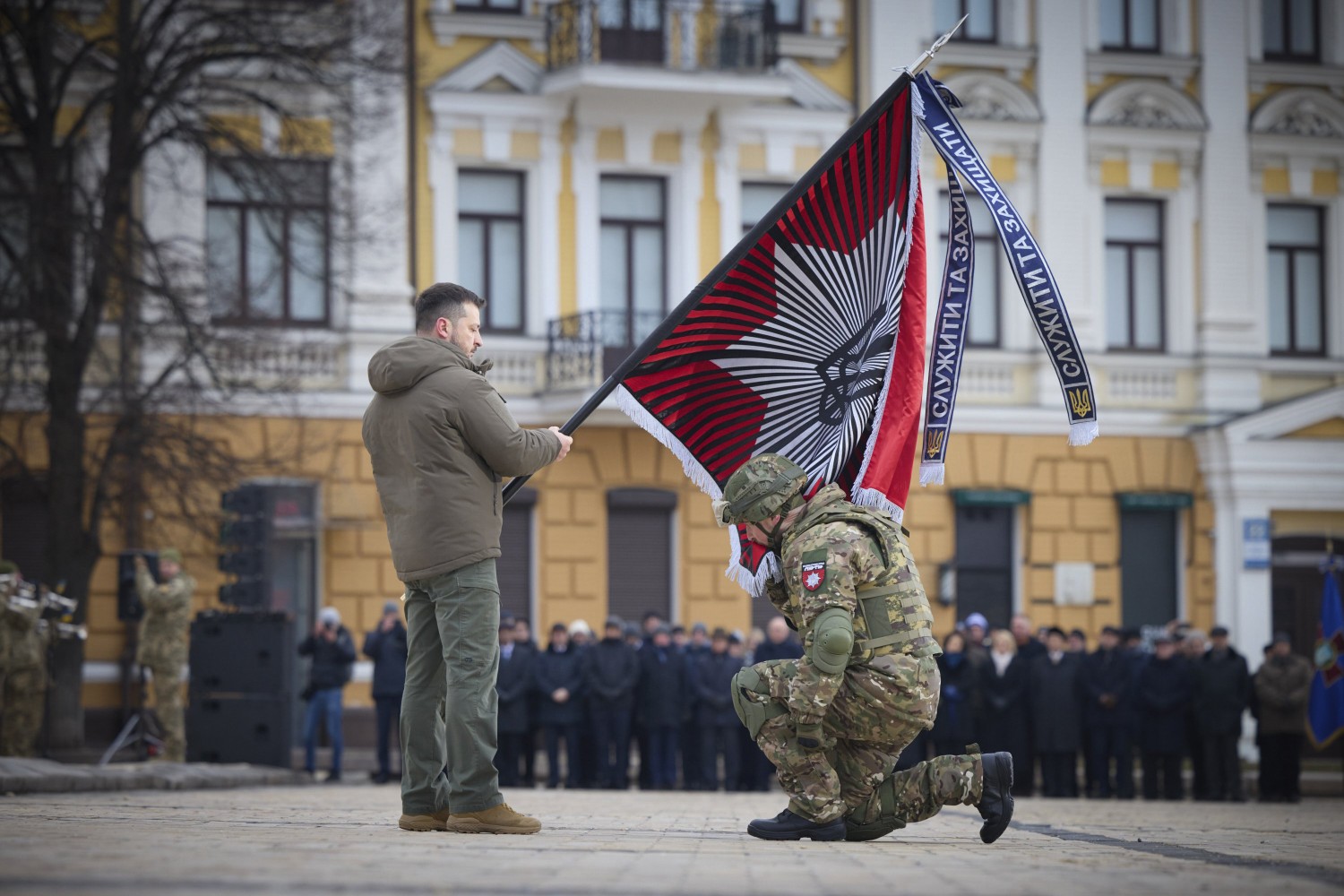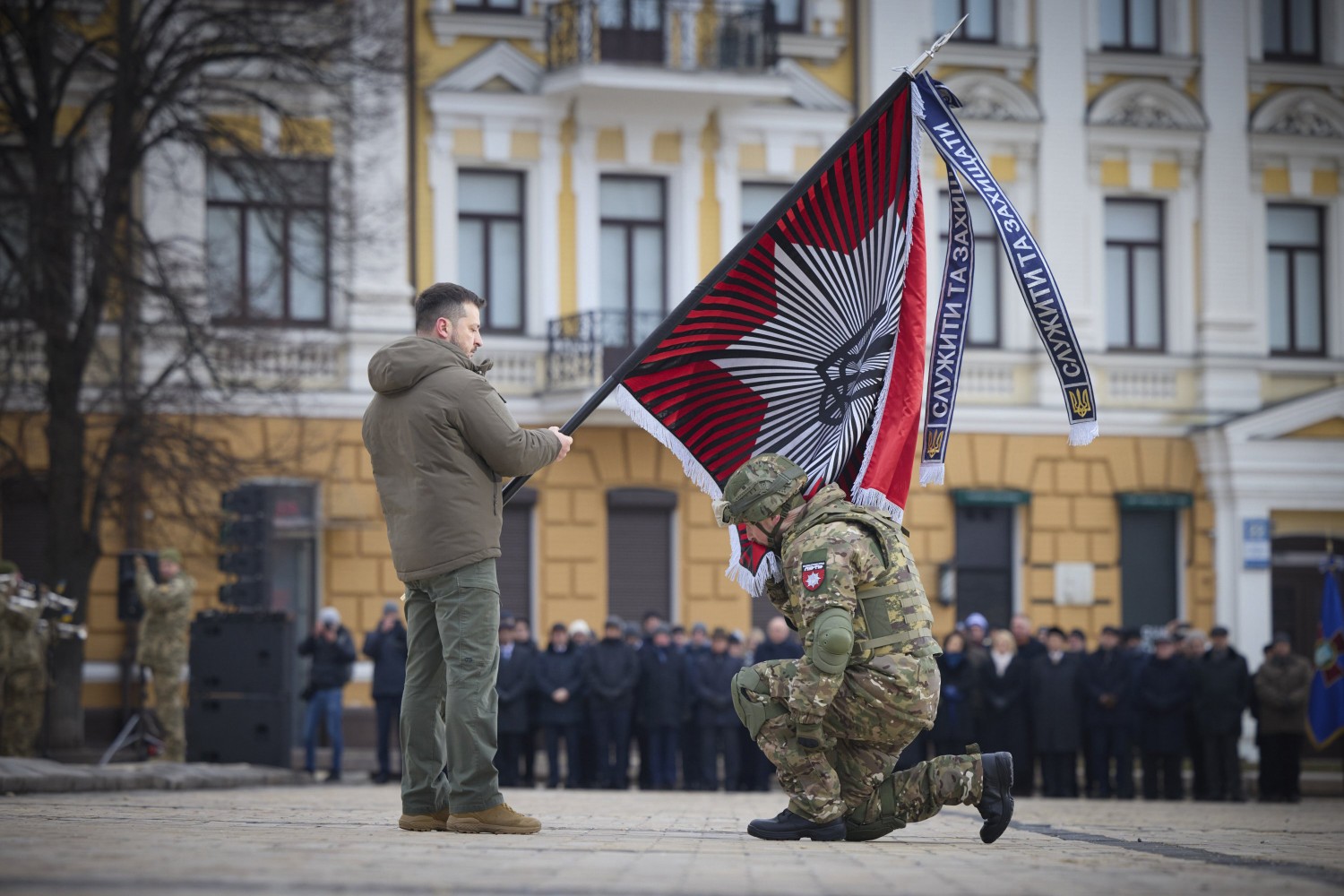
US Stance on UN Resolution on Ukraine Invokes Controversy
The recent voting at the United Nations has echoed through the corridors of international diplomacy, particularly regarding the ongoing conflict between Russia and Ukraine. As tensions continue to escalate, a significant development unfolded when the United States voted against a UN resolution that sought to hold Russia accountable for its invasion of Ukraine. The resolution called for an immediate withdrawal of Russian troops, a demand that the Trump administration has been grappling with as it attempts to facilitate a peace agreement.
Overview of the Vote
In a dramatic session, the UN General Assembly witnessed a decisive vote on the resolution, which ultimately passed with support from 93 member nations. Russia and North Korea stood alongside the United States in opposition, while a notable 65 countries chose to abstain. European nations have been at the forefront of this initiative, pushing for a unified stance against Russia’s aggression.
Compounding the complexity of the situation, the U.S. later abstained from a separate resolution which was introduced after European nations, spearheaded by France, made amendments to explicitly label Russia as the aggressor. This revised resolution received overwhelming backing with a vote of 93-8, but the U.S. chose to distance itself from the vote, citing concerns over the adjustments.
Significance of the Timing
This voting episode took place on a noteworthy date—the third anniversary of Russia’s invasion of Ukraine. Adding a layer of significance, the timing coincided with a high-profile meeting between former President Donald Trump and French President Emmanuel Macron in Washington. The discussions between these two leaders are emblematic of the ongoing international efforts to devise a diplomatic solution to the conflict.
US Push for Security Council Action
In the wake of the General Assembly votes, the U.S. attempted to advance its original resolution draft to the UN Security Council, where resolutions possess legal weight. However, the outcome was less favorable for the American-led initiative. In a council comprising 15 members, several European nations—including Britain, France, Denmark, Greece, and Slovenia—opted to abstain, resulting in a 10-0 vote in favor of the resolution that criticized Russia’s actions.
Trump’s Diplomatic Agenda
During a recent press interaction, Trump hinted at the possibility of meeting with Ukrainian President Volodymyr Zelenskyy to deliberate on solutions for the ongoing war. He expressed optimism, suggesting that dialogues held with Macron and other leaders had fostered some progress towards a potential resolution. “President Macron is a very special man in my book,” Trump declared, emphasizing their collaborative efforts in addressing the crisis.
Contentious Nature of the US-Backed Resolution
The U.S. resolution initially addressed the “tragic loss of life throughout the Russia-Ukraine conflict” and reaffirmed a call for a swift resolution. However, it notably refrained from directly condemning Russia’s military actions. In a surprising shift, France took the initiative to propose amendments that characterized the war as a “full-scale invasion of Ukraine by the Russian Federation.” These amendments reiterated Ukraine’s sovereignty and emphasized the necessity for any peace agreement to be in alignment with the principles of the UN Charter.
Global Reactions and Support
The General Assembly resolutions garnered considerable support from U.S. allies across Asia including Japan, South Korea, Australia, and New Zealand. Additionally, neighboring nations such as Canada and Mexico, along with a majority of European countries—excluding Hungary—showed solidarity in support of Ukraine. The widespread approval underscores the growing international consensus against Russia’s actions.
Voices from the US Diplomatic Corps
U.S. Deputy Ambassador Dorothy Shea voiced concerns regarding the protracted conflict, stating that previous U.N. resolutions condemning Russia and demanding troop withdrawals have failed to halt the violence and suffering it has caused. Shea emphasized, “This conflict has dragged on for far too long, causing immense suffering for people in Ukraine, Russia, and beyond,” highlighting the urgency for effective diplomatic resolution.
Russia’s Counterargument
In response to the U.S.-led draft, Russia flexed its veto power in the Security Council, blocking European amendments aimed at addressing the ongoing war more explicitly. Russian Ambassador Vasily Nebenzya characterized the actions of the U.S. as “a step in the right direction,” interpreting the American resolution as a legitimate attempt to facilitate a long-term resolution to the conflict.
Conclusion
The recent votes at the United Nations reflect the intricate dynamics of international relations as nations navigate through their geopolitical interests and moral imperatives. The divergence in voting patterns among member states exposes the fractures within the global response to Russia’s actions in Ukraine. As the Trump administration ramps up diplomatic efforts, the efficacy of these initiatives remains to be seen, with the specter of ongoing conflict looming over the horizon.
As the world watches closely, the stakes remain high for both Russia and Ukraine, and the prospects for peace hang in a delicate balance.


















